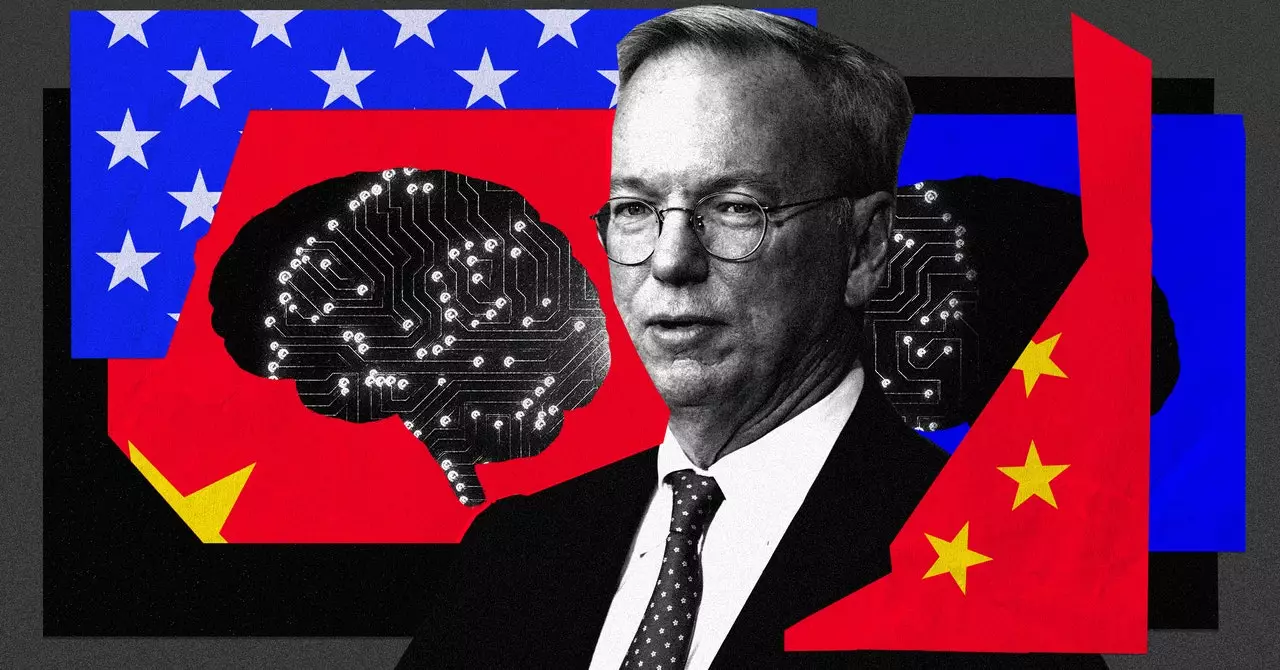The National Security Commission on Artificial Intelligence (NSCAI) raised concerns in 2019 about China’s use of artificial intelligence to further an autocratic agenda. Surprisingly, it was revealed that former Google CEO Eric Schmidt, who chairs the NSCAI, was actively seeking potential connections to China’s AI industry during a visit to Beijing just two months prior. This conflicting behavior raises questions about Schmidt’s intentions and potential conflicts of interest.
Complicated Relationships
Emails obtained through a Freedom of Information Act request shed light on interactions between Schmidt and the NSCAI staff regarding potential engagements in the AI sector. The NSCAI employees were tasked with identifying interesting companies in Beijing for Schmidt to engage with on a personal level. While the nature of these engagements remains unclear, the mere suggestion of such interactions between Schmidt and Chinese AI companies is concerning given the NSCAI’s warnings about China’s use of AI for authoritarian purposes.
Financial Ties
Tax filings from 2019 reveal that a nonprofit overseen by Schmidt and his wife had invested millions of dollars in a fund that supports a private equity firm making investments in Chinese tech and AI companies. This includes investments in Yitu, a Chinese AI company that has faced scrutiny from the US government for its role in supplying surveillance technology to the Chinese government. The financial ties between Schmidt and Chinese AI companies further complicate the picture of his involvement in the NSCAI and raise questions about his motivations.
The NSCAI’s vice chairman, in conjunction with Schmidt, warned that China’s progress in AI should concern all Americans, citing the chilling precedent set by China’s domestic use of AI for surveillance and control. Schmidt’s apparent interest in engaging with Chinese AI companies, coupled with his financial investments in these firms, raises red flags about the potential for compromising national security interests. The dual role of advising the US government on AI strategy while also pursuing personal connections to Chinese AI firms creates a conflict of interest that cannot be ignored.
In light of these revelations, it is imperative that greater transparency is enforced regarding the interactions between influential figures like Eric Schmidt and foreign entities involved in sensitive industries such as AI. Measures should be put in place to ensure that individuals in positions of power do not engage in activities that may compromise national security or undermine the interests of the United States. The potential for conflicts of interest must be recognized and addressed proactively to prevent undue influence from foreign actors in critical sectors like artificial intelligence.


Leave a Reply